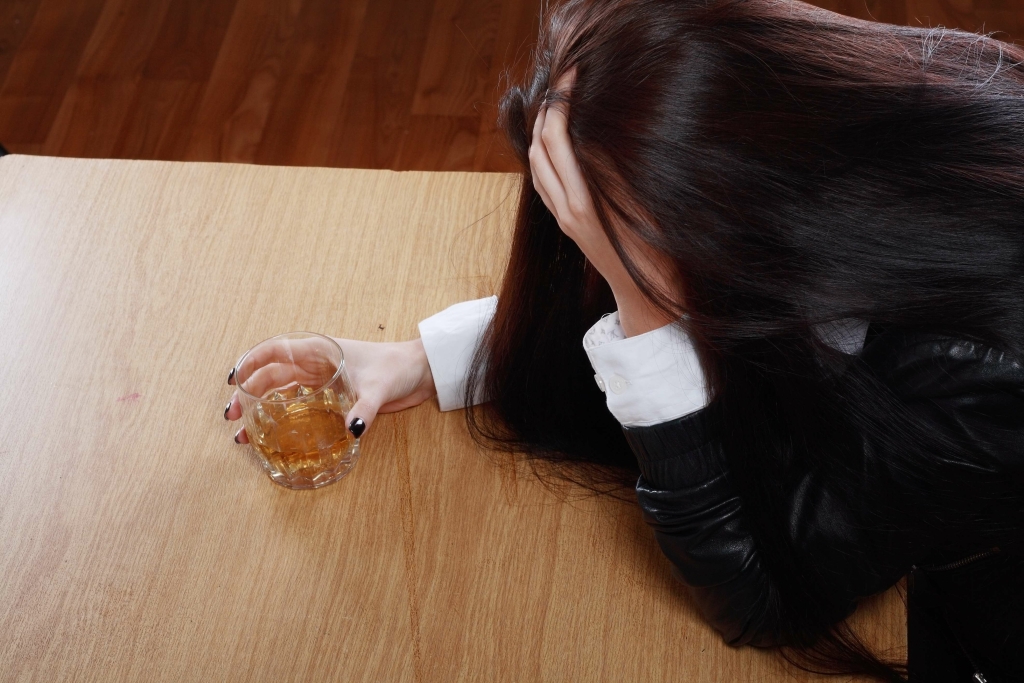Content
You may also find alcohol does not help you fall asleep because you have developed a tolerance for its sedative effects. Some studies suggest that alcohol can help extend your sleep if these sedative effects are timed with the early phases of sleep, since you’re more likely to fall and stay asleep sooner. However, while does alcohol help you sleep alcohol may hasten the sandman, it can negatively impact sleep quality. For example, people who’ve had alcohol may experience more frequent periods of lighter sleep or being awake, especially during the second half of the night. So after a few drinks, you’re likely to have increased wakefulness and more light sleep.
How to Start Reversing Insulin Resistance – The New York Times
How to Start Reversing Insulin Resistance.
Posted: Tue, 03 Oct 2023 15:11:14 GMT [source]
„For the best sleep, try to have at least four alcohol-free nights every week,“ Meadows said. But that can start a dangerous cycle of more fragmented sleep, followed by heavier drinking. Sustained nightly drinking can establish worrying patterns that can persist even after people have stopped drinking, she and other experts say.
Tips for sleeping after a night out
In the same way that we might grow an exercise habit by starting with 15 minutes a day, one daily drink can easily become three without our noticing. Drinking mindfully for the long term will likely require a lot of attention and periodic re-assessment. The ritual of signifying the end of the day by sitting down with a drink is hard to give up unless we have an enticing alternative. Identify when you will most want a drink, and think about what you could do instead. Swapping in a non-alcoholic drink that you reserve for happy hour can often stand-in effectively for alcohol. Reading a book, taking a bath, connecting with a loved one, or even just going to bed early are all proven anxiety relievers.

However, a person’s sleep quality after alcohol consumption is generally worse. People who consume alcohol may wake up during sleep and experience increased disruptions such as sleep apnea and snoring. Some people may assume alcohol is helpful for sleep, since it has a relaxing, soporific effect.
Nutrition and Sleep
Drinking 2 cups (480 ml) of cherry juice per day may increase your melatonin levels and improve your sleep overall. These effects only occur in the first part of sleep—usually within the first four hours of the night as your body metabolizes the alcohol. Once your body has broken down all of the booze, you’ll start to experience worse sleep.
Research has found that people’s ability to remember, pay attention, and carry out cognitive functions declines with a lack of sleep. Jot down what’s on your mind and then set it aside for tomorrow. However, if you work nights, you might need to nap late in the day before work to help make up your sleep debt. You might not be able to control the factors that interfere with your sleep. Get helpful tips and guidance for everything from fighting inflammation to finding the best diets for weight loss…from exercises to build a stronger core to advice on treating cataracts. PLUS, the latest news on medical advances and breakthroughs from Harvard Medical School experts.
It Interferes With Your Circadian Rhythm
This is a massive issue on its own but is especially problematic when the habit becomes cyclical. Our experts continually monitor the health and wellness space, and we update our articles when new information becomes available. As long as you don’t have an allergy to bananas or almonds, a smoothie like this is a healthy and delicious way to end the day.
- Given that almond milk is made from whole almonds, people with nut allergies should avoid almond milk and products made with it.
- The result is a lot of trips to the bathroom and a (mostly) sleepless night.
- Some sleep-promoting drinks are high in compounds like tryptophan and melatonin, while others encourage sleep by easing pain and discomfort in the evenings.
- Alcohol reduces activity in the brain and central nervous system, which can make CSA worse by slowing a person’s breathing.